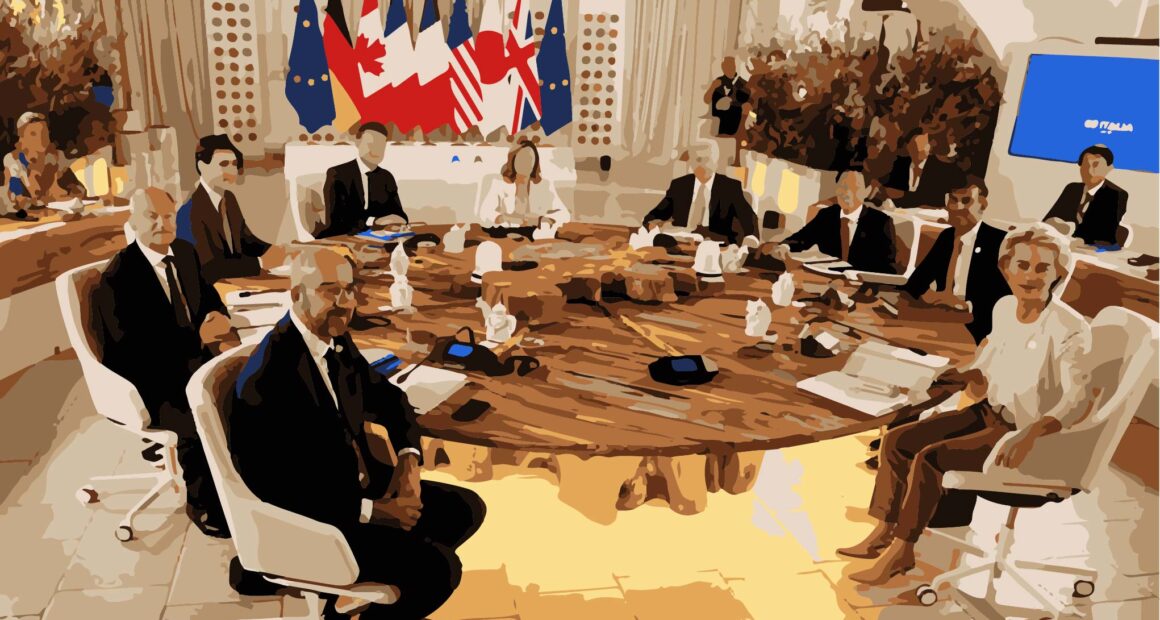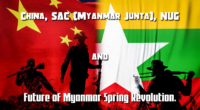The impact of a hypothetical World War III on the European economy would likely be profound and multifaceted, affecting various sectors and altering the overall economic landscape. Several key dimensions can be analyzed:
1. Immediate Economic Disruption
- Infrastructure Damage: Armed conflict typically results in significant damage to infrastructure, including transportation networks, utilities, and communication systems. This destruction would hinder economic activities, disrupt supply chains, and necessitate costly reconstruction efforts.
- Displacement of Labor: War often leads to mass displacement, creating refugee crises. The influx of displaced populations can strain public resources and alter labor markets, potentially leading to labor shortages in certain sectors while overwhelming social services in others.
2. Shift in Government Spending
- Increased Military Expenditure: European nations would likely redirect a substantial portion of their budgets toward military spending, diverting funds from social programs and infrastructure investments. This shift could lead to short-term economic contraction in non-military sectors.
- Reconstruction and Recovery: Post-conflict recovery would necessitate large-scale investments in reconstruction, potentially creating jobs in construction and related industries. However, this recovery phase could take years or even decades, depending on the severity of the conflict.
3. Trade and Economic Relations
- Disruption of Trade Routes: A global conflict would likely lead to the disruption of trade routes and supply chains, affecting imports and exports. European economies heavily reliant on trade may experience shortages of goods and increased prices, leading to inflationary pressures.
- Sanctions and Economic Isolation: Countries involved in the conflict may face international sanctions, further isolating them economically. This isolation could limit access to critical resources, technology, and markets, stunting economic growth.
4. Long-term Economic Consequences
- Recession and Economic Decline: Prolonged warfare would likely result in recessionary conditions across Europe. High levels of unemployment, decreased consumer confidence, and reduced investment could exacerbate economic downturns.
- Shift in Economic Power Dynamics: The balance of economic power could shift, with countries emerging from the conflict with new alliances or trade agreements. The reconfiguration of global economic relationships may lead to a realignment of economic power centers.
5. Social and Political Ramifications
- Social Unrest: Economic hardship, exacerbated by war, can lead to social unrest and political instability. Public dissatisfaction with economic conditions may result in protests, strikes, and changes in governance, further complicating recovery efforts.
- Increased Nationalism: A wartime environment may foster nationalist sentiments, potentially leading to protectionist policies that could hinder international trade and collaboration, isolating economies further.
What role could the G7 play in World War III?
The G7, comprising Canada, France, Germany, Italy, Japan, the United Kingdom, and the United States, could play several crucial roles in the event of a hypothetical World War III. Here’s an analysis of potential actions and influences:
1. Diplomatic Mediation
- Conflict Resolution: The G7 could serve as a platform for dialogue, working to de-escalate tensions before they escalate into full-scale conflict. This could involve diplomatic efforts to negotiate ceasefires or peace agreements.
- Facilitating Alliances: The G7 could help strengthen alliances among member nations and beyond, encouraging collective responses to aggression and fostering a unified front.
2. Economic Coordination
- Sanctions and Economic Measures: The G7 nations could coordinate sanctions against aggressor states to deter further escalation. Unified economic pressure can significantly impact a country’s economy and its capacity to sustain conflict.
- Trade Policies: The G7 could implement trade measures to restrict the flow of resources that could support military actions, thereby impacting the economic viability of any state engaged in war.
3. Military Coordination
- Collective Defense: While the G7 itself does not have a military structure, member nations could coordinate military strategies and support, potentially leading to joint operations under NATO or other alliances.
- Military Aid and Support: The G7 could provide military assistance to allies and partners, helping bolster their defenses against aggression, including arms supplies, intelligence sharing, and training.
4. Humanitarian Response
- Crisis Management: The G7 could lead efforts to address humanitarian crises resulting from the war, coordinating aid and support for refugees and affected populations.
- Funding for Reconstruction: Post-conflict recovery efforts could be spearheaded by the G7, mobilizing financial resources for reconstruction and stabilization in war-torn regions.
5. Global Governance and Stability
- Strengthening International Institutions: The G7 could advocate for a strengthened role of international organizations, such as the United Nations, in conflict resolution and peacekeeping, promoting multilateral approaches to global stability.
- Addressing Root Causes: The G7 could work collaboratively to tackle underlying issues that contribute to conflict, such as poverty, inequality, and climate change, thereby addressing factors that could lead to future wars.
6. Public Communication and Information
- Countering Misinformation: The G7 could play a role in combating misinformation and propaganda that can fuel tensions and conflicts, using media and communication strategies to promote transparency and truth.
- Public Messaging: Coordinated messaging around the importance of peace, cooperation, and international norms could help shape public perception and support for diplomatic efforts.
Conclusion
The European economy in the aftermath of a hypothetical World War III would face severe challenges characterized by immediate disruptions, shifts in government priorities, trade impairments, and long-term repercussions. Recovery would necessitate strategic planning and international cooperation to rebuild economies, restore stability, and foster resilience against future crises. The focus on rebuilding and reconciliation would be critical to ensuring sustainable economic growth in the post-war period.
The G7 has the potential to be a pivotal player in preventing, managing, and addressing the consequences of a hypothetical World War III. By leveraging their economic power, diplomatic influence, and military capabilities, the G7 nations could work together to mitigate conflict, provide humanitarian support, and promote long-term stability. The effectiveness of the G7 in this context would largely depend on unity among its members and their willingness to take decisive action in the face of global challenges.









